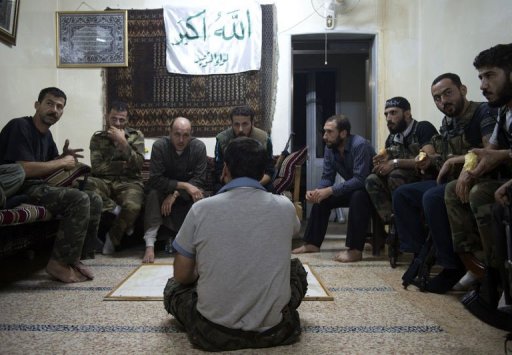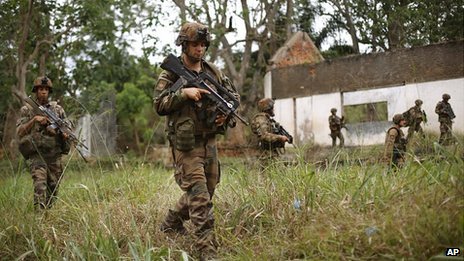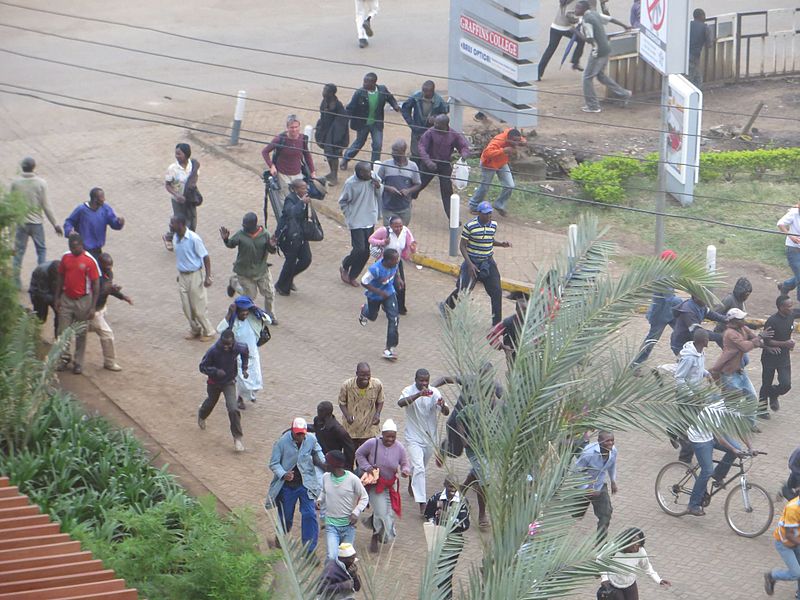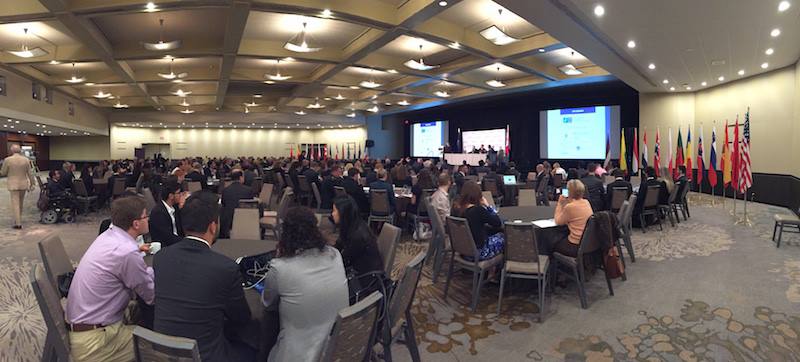Abdul Qadir al Saleh, the head of Liwa al Tawhid, the main rebel group in Aleppo (also known as the al-Tawhid Brigade aka Tawhid), was killed by injuries sustained in a regime air strike on the vehicle he was in on Sunday Nov. 17. The attack was purportedly executed based on leaked information. In reaction, Tawhid have arrested 30 people suspected of leaking information. Yousef al-Abbas, another of Tawhid’s prominent leaders, was also killed in the attack. Al Saleh’s death marks a crucial moment in the revolution, and the outcome of the next few weeks of fighting could be instrumental to the resolution of the conflict.
With between 8 000-10 000 fighters, Liwa al Tawhid is a leading member of the Syrian Islamic Liberation Front (SILF), an alliance of moderate to extreme Islamist rebel groups who operate in cooperation with the Free Syrian Army’s Supreme Military Council. They do not cooperate with the National Coalition for Syrian Revolutionary and Opposition Forces (Coalition), the internationally recognized representative of the Syrian people. As Tawhid’s leader, al Saleh denounced political ambition, pledging to allow the Syrian people to determine the nature of a new Syria.
With al Saleh gone, the future of Tawhid is uncertain. In the interim Abdul Aziz Salama has assumed command of Tawhid; whether he will assume permanent leadership is as yet undecided. Depending on who does assume permanent leadership, the group could grow closer ideologically to the more extreme SILF groups like Soqour al Sham. Soqour al Sham is part of the Jihadist coalition in Syria, which includes Jabhat al Nusra. Their political ambition is to guarantee that a new Syria be led by a Sunni president and prime minister.
Tawhid is a moderate member of an otherwise volatile collective of Islamic rebel groups. Its operatives have fought to secure the institutions of the Local Revolutionary Council (LRC) of Manbij against attacks by the Islamic State of Iraq and Syria (ISIS). Many of Tawhid’s fighters are local Aleppo Syrians, who care deeply about their own communities and fight to protect them. Its tie with Manbij represents an ideal framework for other regions and LRC’s to follow in the interest of stability. Tawhid is also militarily adept, having been instrumental in the liberation of a large portion of the Aleppo governorate, the most important battleground of the war. Tawhid under Saleh has been a moderate force for good in Aleppo, not only combating the regime but also employing its power in the interest of stability in its communities.
These developments threaten the future of SILF, the Local Council of Manbij, and the revolution as a whole. In the grand scheme of things in Syria, al Saleh’s death could be a catalyst for the weakening of the opposition. The next few weeks will determine whether this will be the case. Fighting should ramp up in Aleppo – the regime will try to capitalize on the disarray of Tawhid while the rebels will likely launch a counter attack to respond to the strike. If the regime makes significant gains, the likelihood will increase that opposition negotiators currently in Geneva with US, Russian, and Assad officials will accept terms they have thus far refused (mainly that Assad be a part of a transitional government). On the other hand, if the rebels are bolstered by al Saleh’s death and make significant gains in the next couple weeks, the opposite could occur, with Assad being more likely to entertain propositions that do not include him in a transitional government. The repercussions of al Saleh’s death could be enormous. Time will tell, but what is certain is that this is a crucial moment in the two and a half year war.
Special thanks to Joseph Hamoud, former Politiken correspondent and founder of the group “Syrian Opposition in Denmark”, for contributing information for this article.




